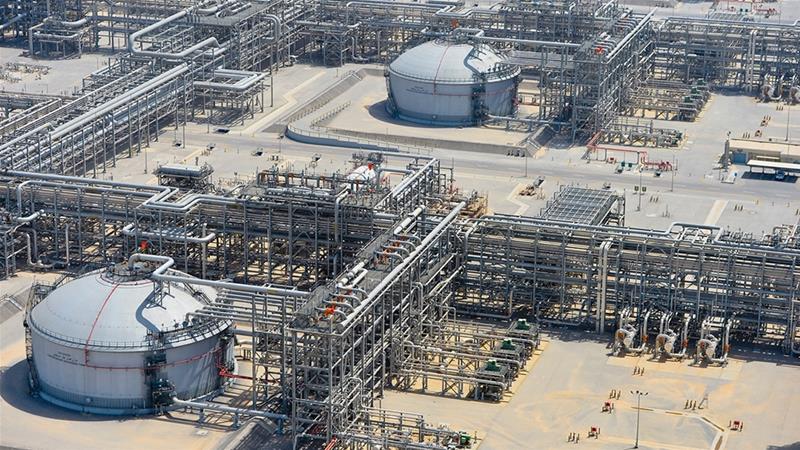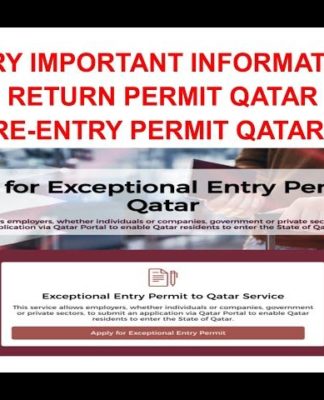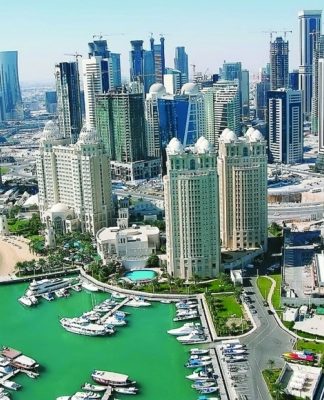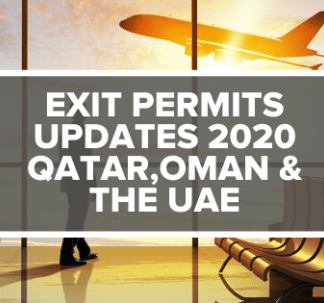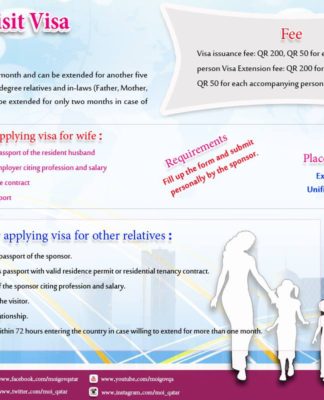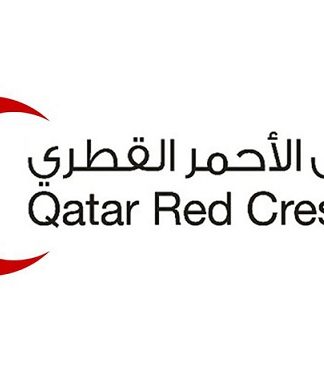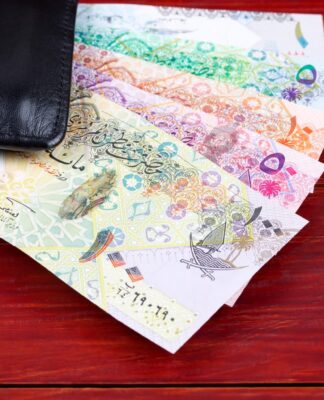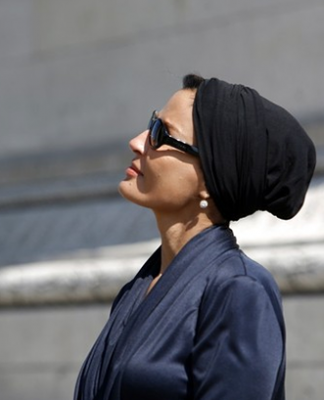Aramco’s proposed 2020 payout would still leave dividend yields below those already offered by major oil competitors.
Saudi Aramco will increase dividend payments and pay less tax as the government tries to secure the $2 trillion valuation targeted by Crown Prince Mohammed bin Salman in the state oil company’s initial public offering.
But should Aramco meet the prince’s target, the proposed payout of $75 billion next year would still leave dividend yields below those already offered by competitors like Exxon Mobil Corp. and Royal Dutch Shell Plc.
The state-run company, which produces about 10% of the world’s oil, plans to announce its intention to float later this month with the aim of selling shares on the Riyadh stock exchange as soon as November. The IPO is the centerpiece the crown prince’s plans to revamp the Saudi economy and will release billions in capital for the kingdom’s sovereign wealth fund.
The 2020 payment is part of plan for a growing, progressive dividend to investors, according to a corporate presentation posted on the company’s website on Monday.
Dividends of $75 billion would give investors a yield of 3.75% if the company achieves its ambitions of a $2 trillion valuation. Although a decent payout in a low-interest rate world, it’s a lower dividend than other Big Oil firms: investors in Shell receive 6.22%, while Exxon pays out 4.9%, according to data compiled by Bloomberg.
Equity investors will also receive only slightly higher returns than bond investors — the yield on the company’s 2029 bond is around 3%.
Special Dividend
Aramco could boost the dividend still further with one-off rewards to shareholders. It paid out a $20 billion special dividend in the first half of the year on the back of an “exceptionally strong financial performance” in 2018, the company said in August. Though that payment saw the company’s cash pile drop markedly.
In a bid to reassure potential investors, the company also said that if the total dividend falls below $75 billion between 2020 and 2024 it will prioritize payouts to non-government shareholders.
The presentation also showed a changed schedule for royalty tax payments on oil production. Payments will be lower when oil is below $70 a barrel, but higher above that level. Under a new royalty structure effective from January, Aramco will pay 15% for Brent prices up to $70 a barrel, 45% for Brent prices between $70 a barrel and $100 a barrel, and 80% on Brent prices above $100 a barrel. The current tax regime, introduced in January 2017, started at 20% and peaked at 50%.
It’s the third time Saudi Arabia has adjusted the company’s tax burden in the run-up to the IPO. In 2017, the income tax Aramco pays on profit was cut from 85% to 50%. The sliding royalty scale that’s just been changed was first introduced last year.
Crown Jewel
The changes are geared toward meeting Prince Mohammed’s ambition of a $2 trillion valuation for the kingdom’s crown jewel. An original plan to list the company on an international exchange at the same time as Riyadh was dropped last year after international investors balked at the valuation.
The new royalty structure will be a significant boost at today’s oil prices — it’s equivalent to about $3 a barrel on each of the 9.8 million barrels the company produces daily.
Aramco also announced significant room to borrow. The company will target net gearing, a measure of debt relative to the equity value of a company, of between 5% and 15% through the oil-price cycle, the presentation said. While that’s lower than other major oil companies, it’s a big change for a business that’s traditionally carried very little debt.
With gearing at 2.4% at the end of June, Aramco has the scope to double current debt levels and meet the lower threshold of its target ratio.
But even after Aramco’s new financial framework, Saudi investors have other options that will yield better returns than an Aramco valued at $2 trillion. Nearly 20 companies listed on the local stock exchange have dividend yields above 4%, including Saudi British Bank, Advanced Petrochemicals Co., and Saudi Basic Industries Corp., according to data compiled by Bloomberg.
SOURCE: aljazeera.com














